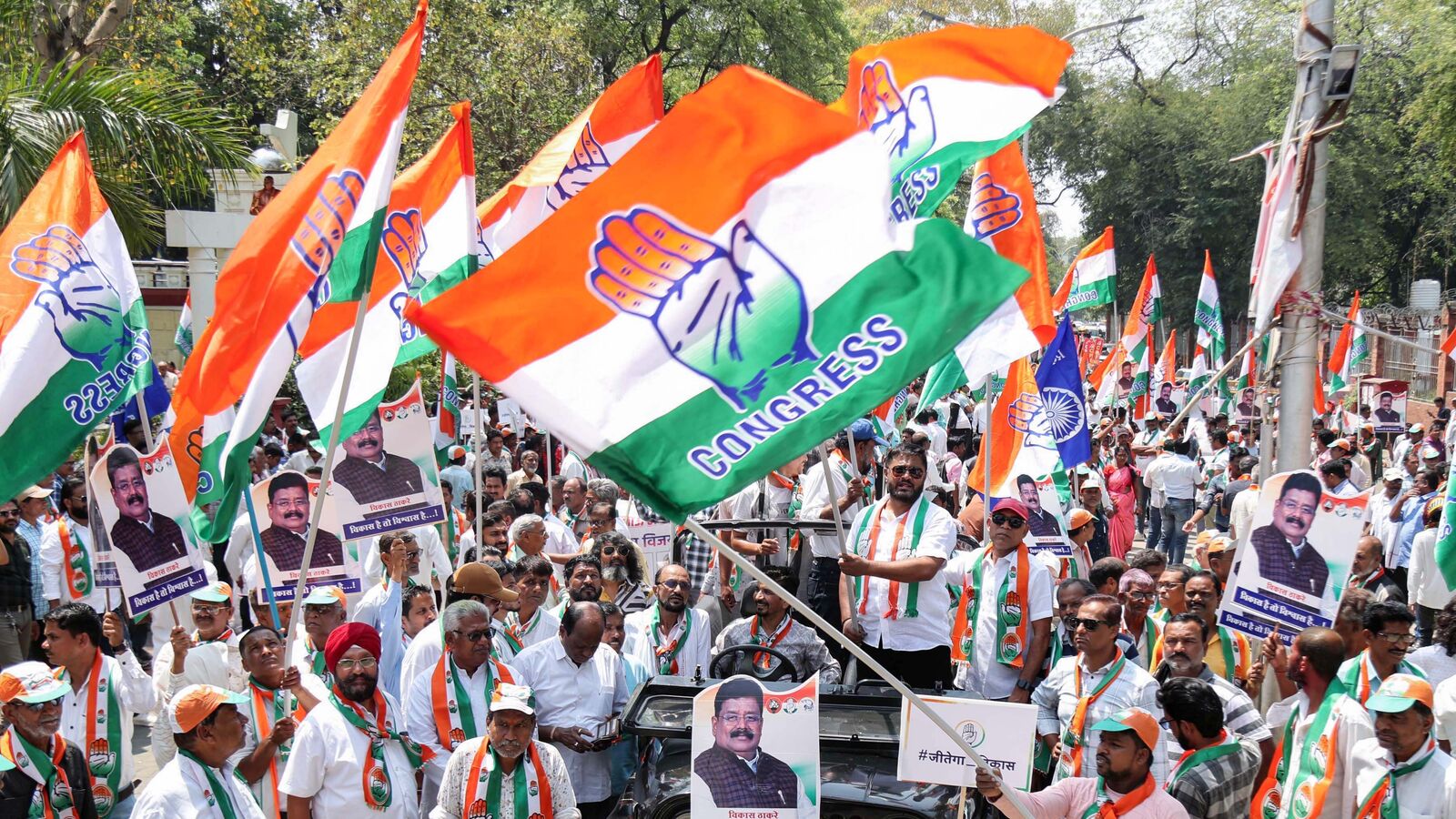Among people who follow such things, it was widely expected that the Congress would win Haryana hands down. At least that was the prediction of experts on TV, poll watchers on social media, former TV journalists turned YouTubers and even exit polls.
But that’s not how things turned out, the irony being that as soon as it became evident on counting-day that the tide was turning in the BJP’s favour, the same experts who had forecast a Congress victory started offering explanations for its defeat. Else, they were busy seeking the views of other experts for their take on the Congress loss.
This raises several interesting points about electoral commentary.
First, if the reasons for the Congress’s defeat were so obvious after counting, why weren’t they offered before? We can always tell a story and quickly come up with explanations that seem very obvious after something has happened, given that the human mind is excellent at creating narratives.
Also read: Haryana and J&K: States of surprise for BJP and Congress
But what we often fail to consider is that if the opposite outcome had occurred—say, the Congress had won or there was a hung assembly—we would likely have come up with a completely different set of reasons to justify that result as well. Everything is obvious in retrospect.
Second, there exists a market for quick explanations. If something happens, human beings need a reason for it: a story, an explanation, a causality. There is often a surge in demand for explanations as news gets around.
Third, wherever there is demand for something, supply comes along to fulfil it in the hope of making money in the process. Earlier, supply would come through newspapers published the day after an event, and from weekly, fortnightly and monthly magazines. These days, supply also comes online from digital publications and social media.
Fourth, explanations in this market have to be quick. Let’s say you have been on TV in the run-up to an election and been predicting that it will go one way, but it actually goes the other way. You can’t shut yourself up or take a break to think it through before offering commentary.
The market is waiting. So explanations must be offered right away. Two days later, something else would have happened and the market for explanations would have moved on. Now, this is equally true for You-Tubers and those giving gyaan (expert wisdom) for the lack of a better term, through social-media posts.
Fifth, many people out there are so desperate for an explanation that they are happy to be lied to. Which is why experts operating in the market for explanations always have ready supply.
The broader point is that if there is an incentive for doing something, irrespective of whether it is right or wrong, socially useful or not, a market for it will emerge. Incentives are just incentives and nothing more.
Sixth, unexpected election outcomes are not the only events fuelling demand for explanations. It works even more regularly in the financial markets.
In fact, Nassim Nicholas Taleb has an excellent example of this phenomenon in The Black Swan: The Impact of the Highly Improbable, where he talks about the day in October 2003 when the Iraqi dictator Saddam Hussein was captured in Iraq by US forces.
At 13.01, Bloomberg News flashed the headline: “U.S. Treasuries rise, Hussein capture may not curb terrorism.” US Treasuries are bonds or financial securities issued by the US government and their prices tend to fluctuate through the day.
Sometime later, their prices had fallen and Bloomberg flashed the headline, “U.S. Treasuries fall; Hussein capture boosts allure of risky assets,” implying that investors had been selling out of safe US government bonds in order to make other riskier investments and so the price of government bonds had fallen.
As Taleb put it: “So it was the same capture (the cause) explaining one event and its exact opposite.” Again, it was the explanations market at work: “Whenever there is a market move, the news media feel obligated to give the ‘reason.’”
Which is why almost a minute-by-minute analysis of stock prices and bond prices going up and down every day is available all over the world these days—on TV, digital media and on social media.
Seventh, this is not to say that there is no explanation for the Congress’s electoral loss in Haryana. If people in the business of offering instant analysis wanted to do things properly, they would construct the right sample that accurately represents the electorate of this state, ask them questions on the reasons behind their voting actions and then hope that they get truthful replies. Of course, this would take time, energy and money, all of which are usually in short supply.
Eighth, as far as instant analysis is concerned, there is only one reason why the Congress lost Haryana: BJP candidates got most votes in the seats that the party won. Of course, this is something that cannot be said on live TV or for that matter on a YouTube channel.
#Congress #lose #Haryana #reason



